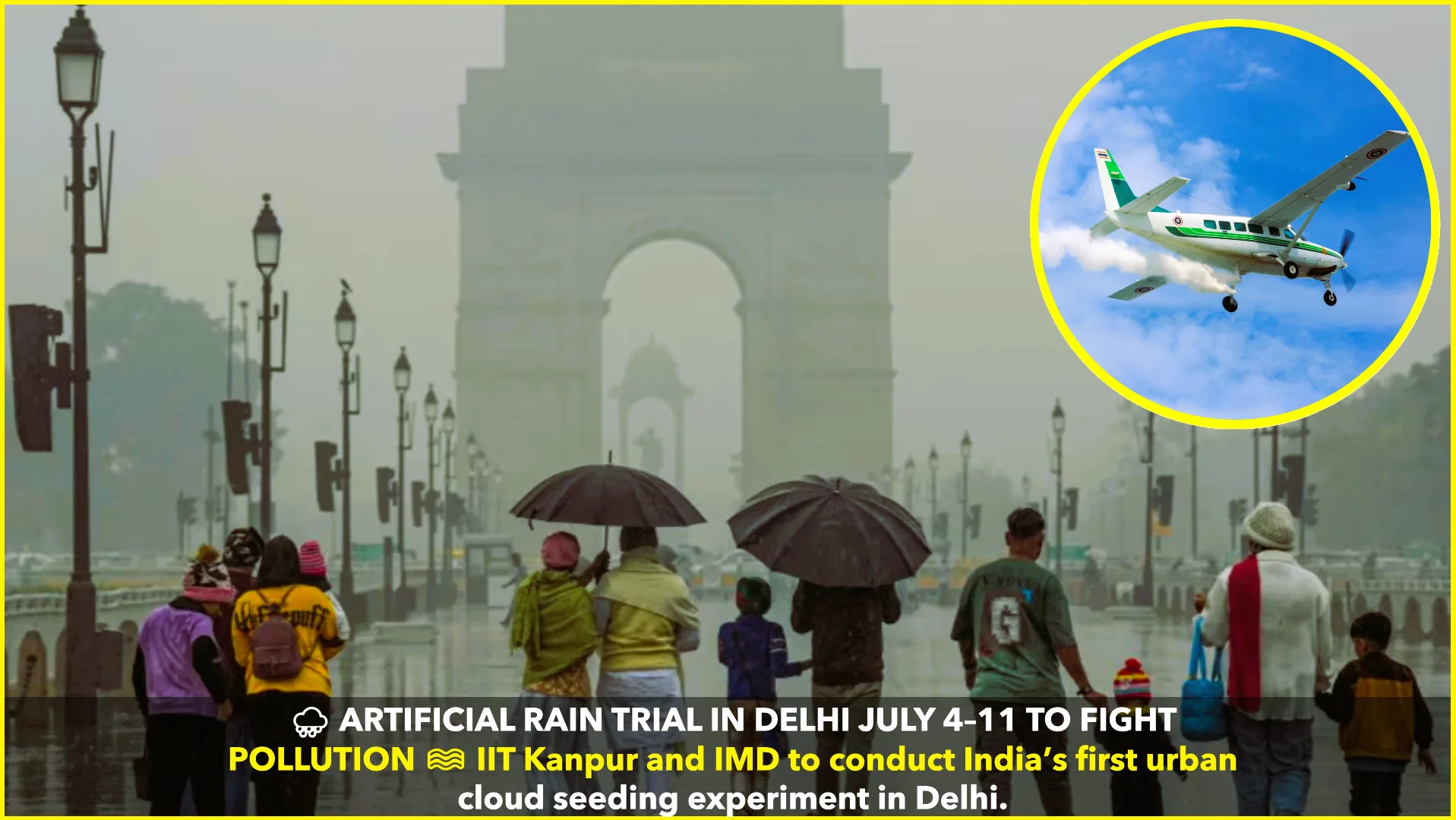Leadership shapes the future of nations and influences global dynamics. In 2025, a select group of world leaders continues to inspire, innovate, and lead with vision. This article delves into the top 10 leaders of the world in 2025, their groundbreaking achievements, and the leadership styles that distinguish them in a rapidly evolving world.
1. Joe Biden – President of the United States
Facts: Joe Biden, the 46th President of the United States, has further cemented his legacy by steering the nation through transformative times. Since assuming office in 2021, his focus has been on rebuilding America’s infrastructure, tackling climate change, and strengthening international alliances.
Achievements:
- Successfully implemented the second phase of the Bipartisan Infrastructure Deal, modernizing critical infrastructure.
- Advanced the U.S.’s leadership in renewable energy technologies.
- Strengthened NATO partnerships amid global security challenges.
Leadership Style: Biden’s leadership emphasizes empathy, collaboration, and a commitment to democracy. His ability to unify diverse groups has been a cornerstone of his presidency.
2. Narendra Modi – Prime Minister of India
Facts: Narendra Modi continues to lead India with a focus on economic growth, technological advancement, and global diplomacy. His tenure has been marked by ambitious reforms and global outreach.
Achievements:
- Positioned India as a global leader in green energy, achieving significant milestones in solar and wind power.
- Strengthened India’s digital economy through initiatives like “Digital India 2.0.”
- Enhanced India’s geopolitical influence through active participation in international forums.
Leadership Style: Modi’s leadership is characterized by a visionary approach, decisiveness, and a connection with the grassroots. His policies focus on long-term national development.
3. Xi Jinping – President of China
Facts: Xi Jinping remains a central figure in global politics, leading China through significant economic and technological advancements while navigating geopolitical complexities.
Achievements:
- Expanded China’s Belt and Road Initiative, enhancing global trade connectivity.
- Championed advancements in artificial intelligence and quantum computing.
- Strengthened China’s military and diplomatic influence globally.
Leadership Style: Xi’s leadership is strategic and authoritarian, focusing on centralizing power and ensuring China’s global dominance.
4. Vladimir Putin – President of Russia
Facts: Vladimir Putin continues to play a pivotal role in global politics as Russia’s leader. His tenure is marked by efforts to maintain Russia’s influence in a multipolar world.
Achievements:
- Strengthened energy diplomacy, positioning Russia as a key energy supplier.
- Advocated for multilateralism through alliances like BRICS and the Shanghai Cooperation Organization.
- Modernized Russia’s defense capabilities.
Leadership Style: Putin’s leadership is authoritative and pragmatic. He prioritizes national security and Russia’s strategic interests on the global stage.
5. Ursula von der Leyen – President of the European Commission
Facts: Ursula von der Leyen continues to lead the European Union with a focus on sustainability, innovation, and unity among member states.
Achievements:
- Advanced the European Green Deal to achieve climate neutrality by 2050.
- Strengthened EU’s digital transformation through key investments in technology and innovation.
- Promoted global partnerships to address challenges like climate change and public health.
Leadership Style: Von der Leyen’s leadership combines pragmatism with a forward-looking vision. Her ability to foster cooperation across nations is a hallmark of her tenure.
6. Volodymyr Zelenskyy – President of Ukraine
Facts: Volodymyr Zelenskyy remains a global symbol of resilience and leadership, guiding Ukraine through challenging times with determination and vision.
Achievements:
- Secured significant international support for Ukraine’s sovereignty and reconstruction efforts.
- Strengthened Ukraine’s defense and economic resilience.
- Advocated for democratic values and transparency in governance.
Leadership Style: Zelenskyy’s leadership is defined by courage, transparency, and effective crisis management. His ability to rally global support has been instrumental.
7. Justin Trudeau – Prime Minister of Canada
Facts: Justin Trudeau continues to shape Canada’s progressive policies, focusing on inclusivity, climate action, and technological innovation.
Achievements:
- Advanced Canada’s clean energy agenda with significant investments in renewable technologies.
- Promoted diversity and equality through comprehensive social policies.
- Strengthened Canada’s role in international peacekeeping and environmental agreements.
Leadership Style: Trudeau’s leadership is empathetic and charismatic, emphasizing global cooperation and social progress.
8. Emmanuel Macron – President of France
Facts: Emmanuel Macron’s leadership continues to modernize France while strengthening its role within the European Union and beyond.
Achievements:
- Implemented economic reforms to boost innovation and entrepreneurship.
- Strengthened France’s renewable energy sector.
- Played a key role in mediating international conflicts and promoting European unity.
Leadership Style: Macron’s leadership blends ambition with pragmatism. He focuses on innovation and modernization while maintaining France’s cultural heritage.
9. Jacinda Ardern – Former Prime Minister of New Zealand
Facts: Although Jacinda Ardern stepped down from leadership in 2023, her influence remains significant due to her exemplary leadership style and progressive policies.
Achievements:
- Set a global standard for compassionate leadership during crises.
- Advocated for climate change action and social equality.
- Strengthened New Zealand’s international relations and economic resilience.
Leadership Style: Ardern’s leadership is empathetic and inclusive. Her emphasis on well-being and kindness resonates globally.
10. Pope Francis – Leader of the Catholic Church
Facts: Pope Francis remains a transformative figure, advocating for social justice, environmental stewardship, and interfaith dialogue.
Achievements:
- Promoted global initiatives on poverty alleviation and climate change.
- Modernized the Catholic Church’s approach to social issues.
- Strengthened interfaith dialogue to foster global unity.
Leadership Style: Pope Francis’ leadership is compassionate and reformative. He emphasizes humility, inclusivity, and care for marginalized communities.
Conclusion
The top leaders of the world in 2025 represent a diverse array of leadership styles, achievements, and visions. From political pioneers to spiritual reformers, these individuals have left an indelible mark on the global stage. Their ability to inspire, strategize, and lead with integrity continues to shape the future of our interconnected world.
By analyzing their leadership journeys, we gain valuable insights into the qualities that define exceptional leaders in today’s complex and dynamic environment.










